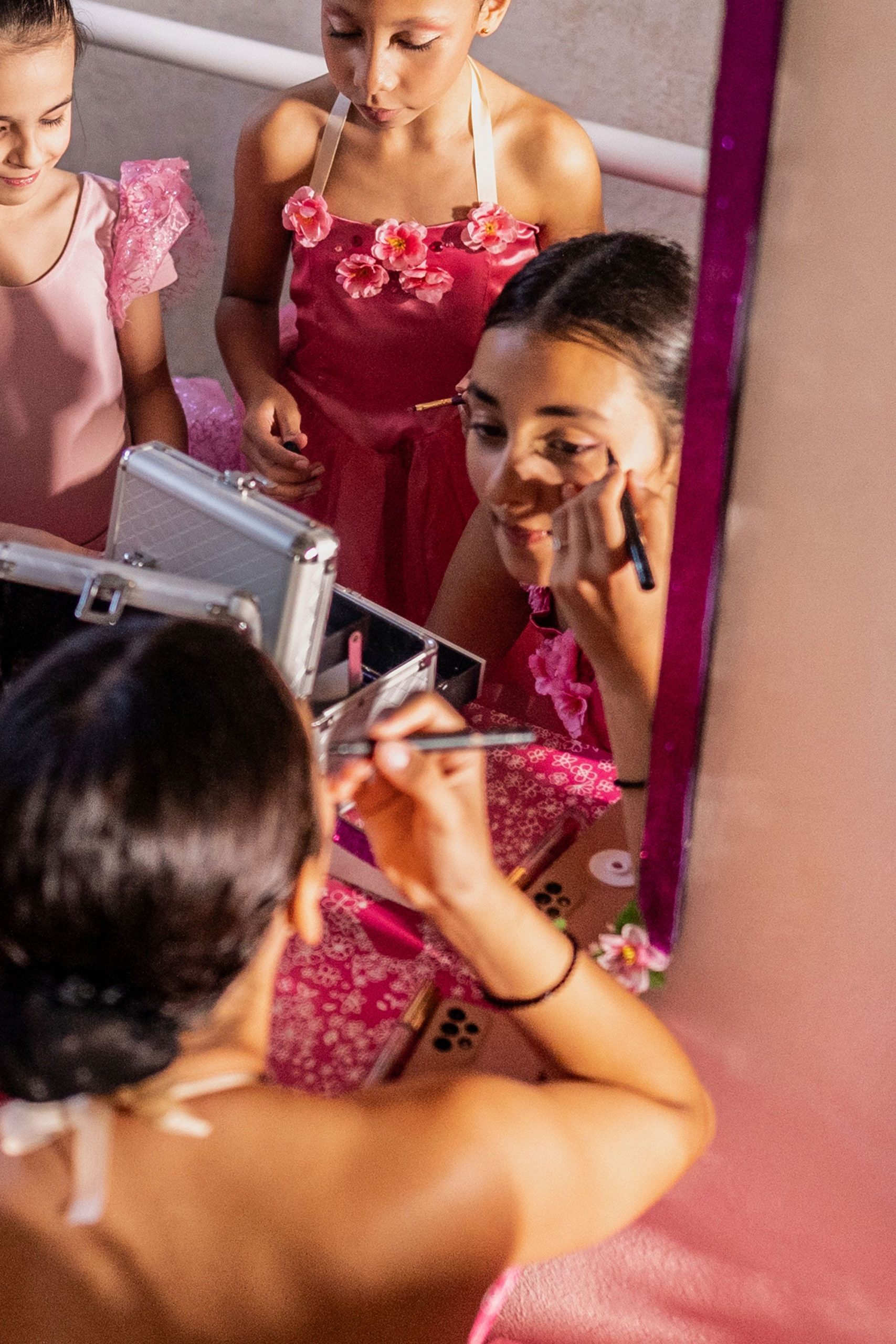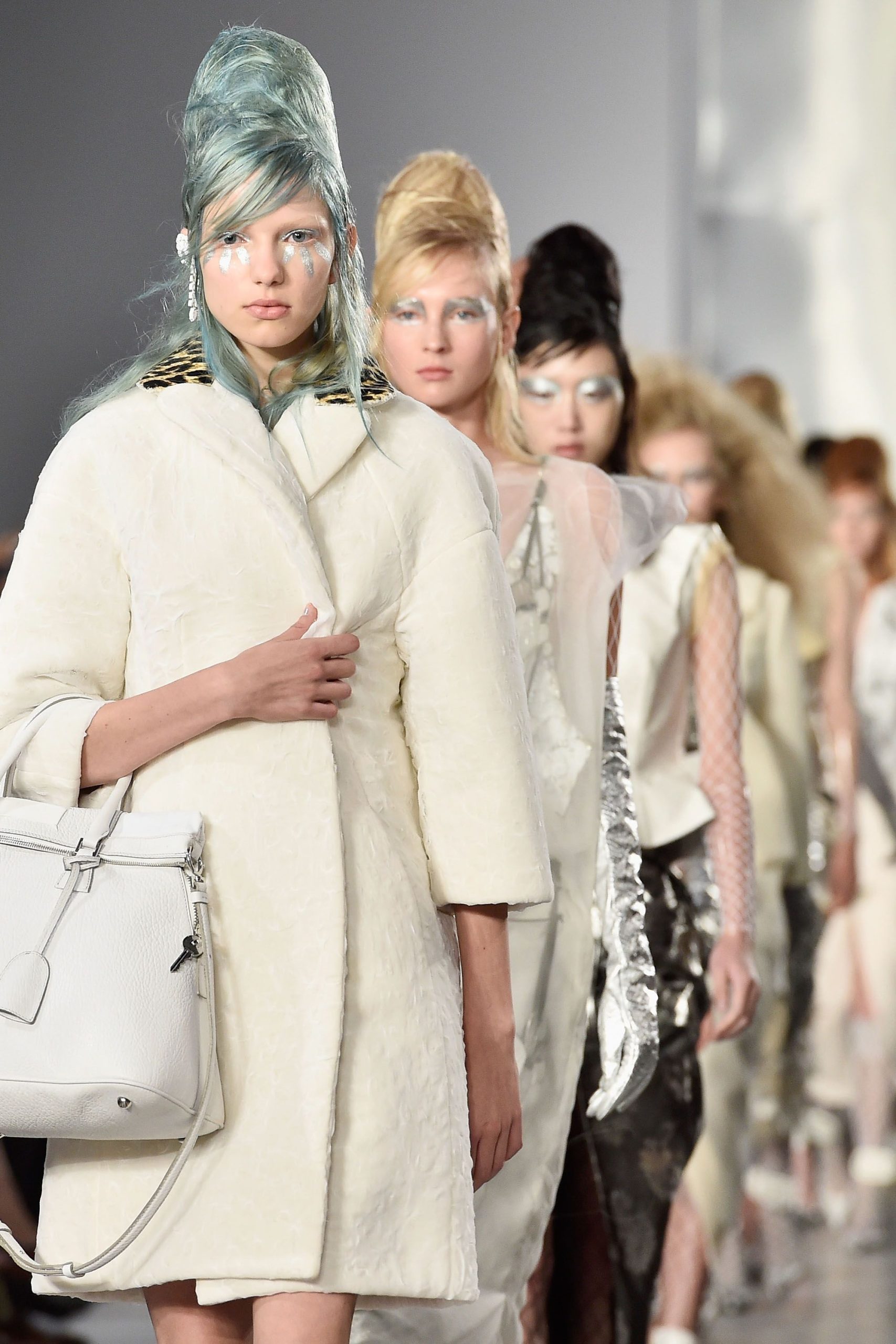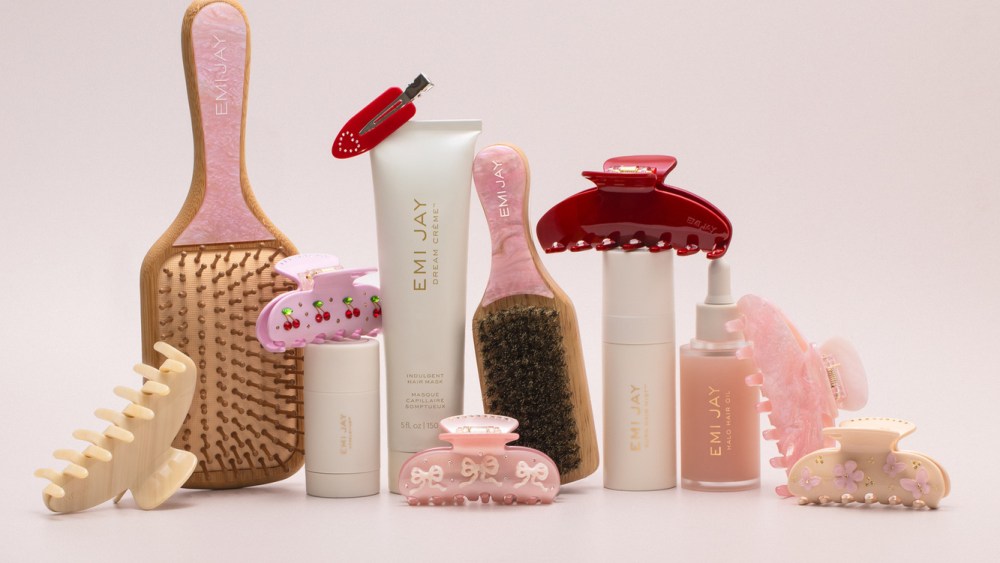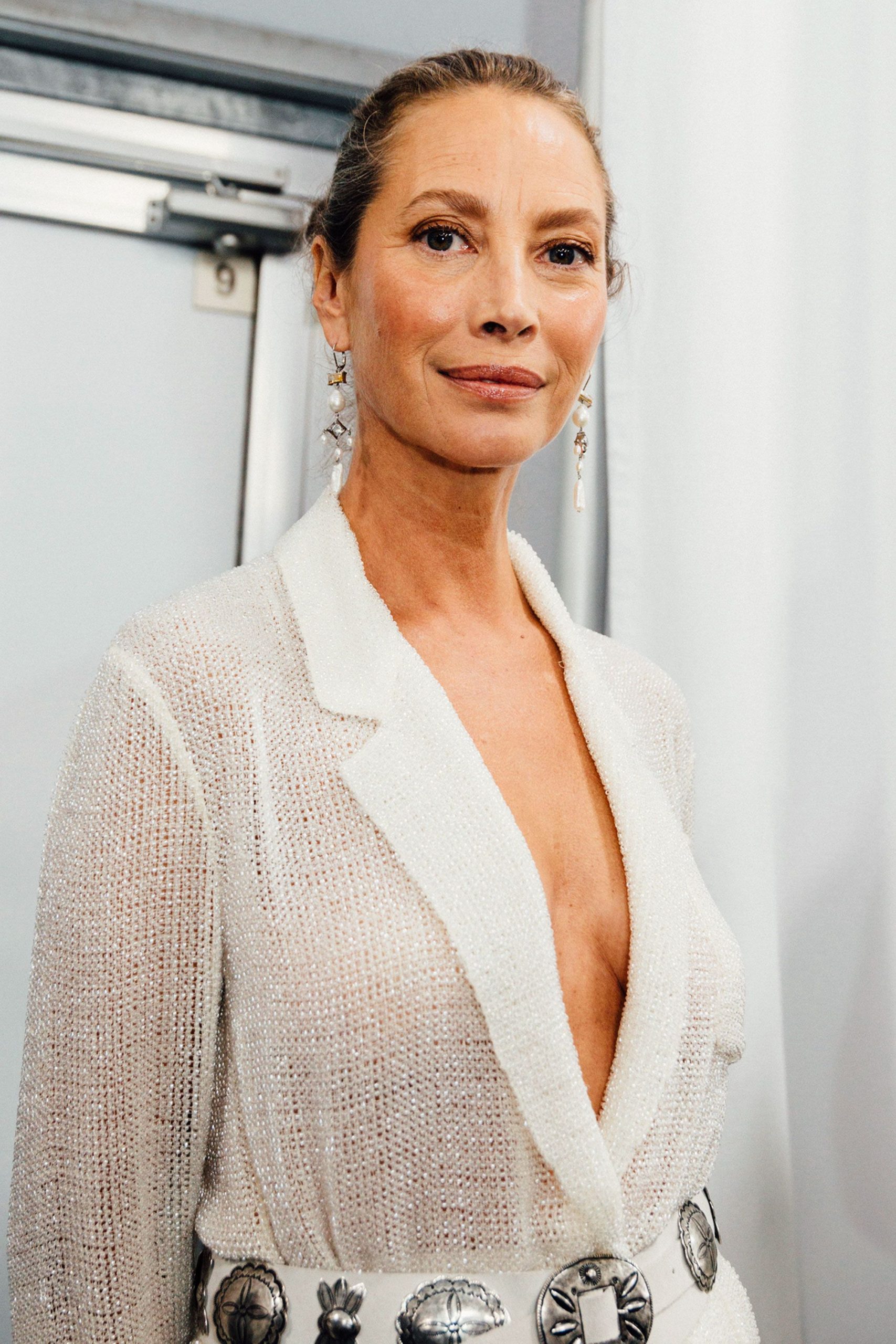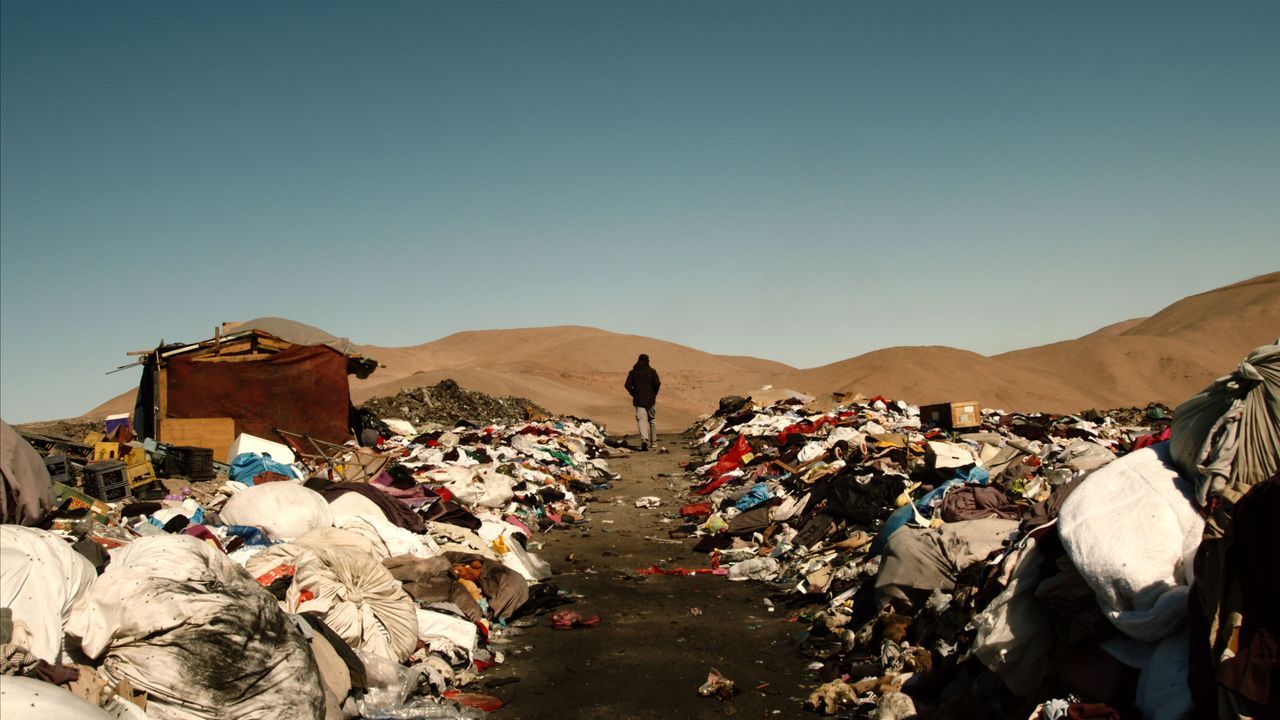
Today, Estée Lauder Companies’s (ELC) newly appointed CEO Stéphane de la Faverie outlined the company’s new direction and plan to course correct with its ‘Beauty Reimagined’ strategy, a move ELC hopes will restore growth after yet another sluggish earnings quarter. The company reported sales were down 6 per cent to $4 billion in Q2.
“While we recognise there is much work to do, we are confident that Beauty Reimagined is the way to realise our ambition,” said de la Faverie in a statement. “We are significantly transforming our operating model to be leaner, faster and more agile while taking decisive actions to expand consumer coverage, step-change innovation and increase consumer-facing investments to better capture growth and drive profitability.”
The first step is a sizable internal restructuring, including between 5,800 and 7,000 job cuts. “It’s the biggest operational change within our company’s history,” de la Faverie told investors on Tuesday’s earnings call. New brand “clusters” have been created within the makeup, fragrance, skincare and haircare categories to increase speed to market, with dedicated leads for each brand group. The company also appointed several executives to new roles, including its first chief brand officer Jane Hertzmark Hudis, formerly executive group president. De la Faverie has also appointed head of supply chain Roberto Canevari to chief value chain officer, who will now oversee operations to increase agility as the market shifts and evolves.
Shares plunged 18 per cent on Tuesday following the results. “We think the company needs to increase innovative collaborations to drive faster product development. We also think the supply chain needs to be faster, and the company needs to be able to do M&A,” wrote Oliver Chen, managing director of investment firm TD Cowen, in a note.
Muted moves
By category, fragrance remains a bright spot, with a net sales increase of 2 per cent to $744 million. The category’s performance was led by brands such as Le Labo, which boasted double-digit growth. De la Faverie also highlighted Jo Malone London for its “tremendous growth”, noting its ability to tap into the growing male consumer base.
Otherwise, makeup, skincare and haircare saw a continued decline in sales performance. Makeup (a portfolio made up of Mac Cosmetics, Smashbox, Clinique and Tom Ford) decreased by 1 per cent to $1.15 billion, primarily due to the ongoing headwinds across travel retail in Asia-Pacific as well as the soft performances of Tom Ford Fragrances and Mac Cosmetics. Category performance was slightly offset by high-single-digit growth from Clinique, which has seen strong results from launching on Amazon last March. Haircare net sales decreased 8 per cent.
